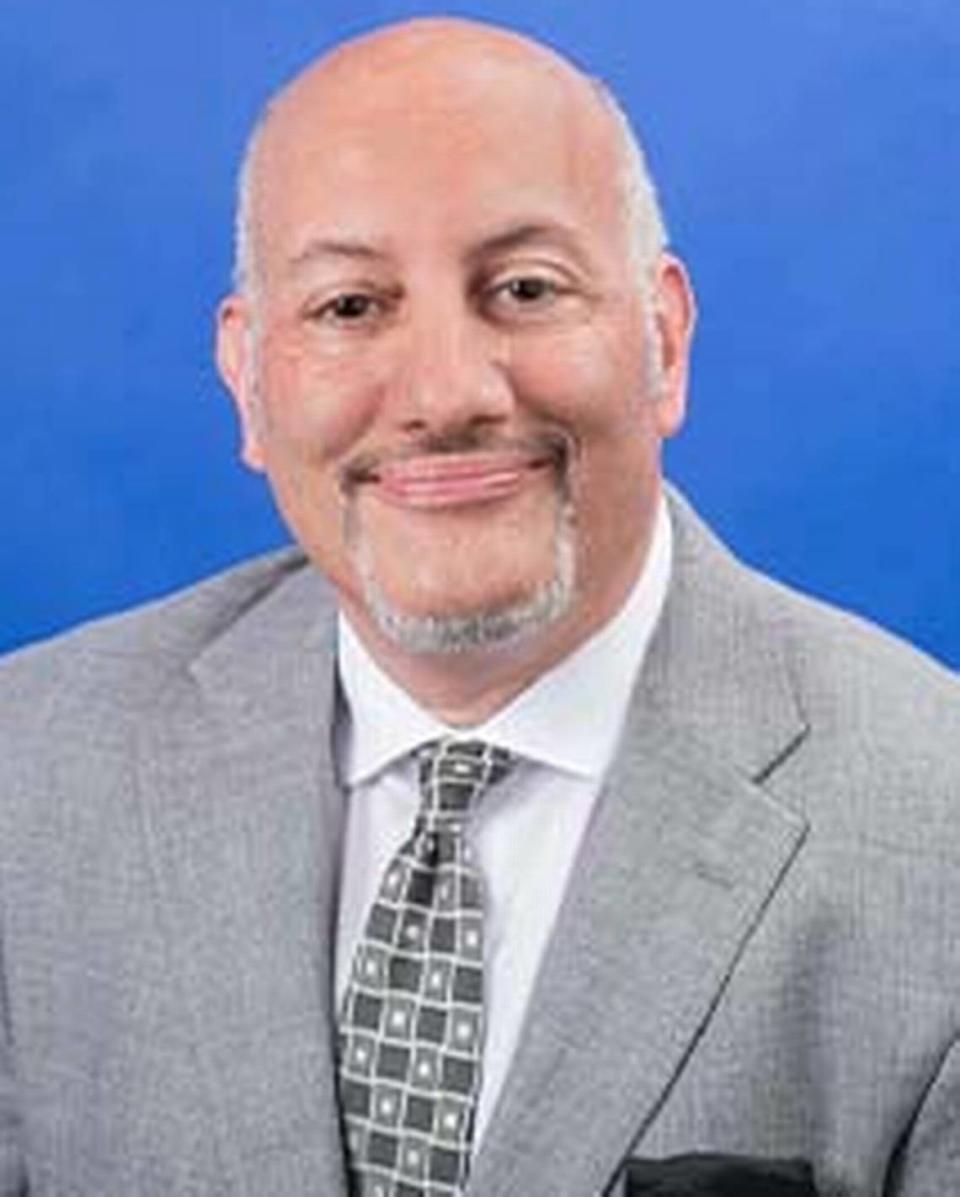No, COVID isn’t a benign infection in kids. Florida doctors urge unity to fight virus | Opinion
As chairs of pediatrics in Florida’s medical schools, we are unified in our fight to protect Florida’s children against COVID-19 infections, hospitalizations, deaths and long-term sequelae. Protecting our children against COVID-19 requires alignment and collaboration among Florida’s pediatricians, nurses, health systems, public-health experts, parents, schools, child-care centers, communities, media outlets and policymakers.
This requires all of us to be on the same page about the facts:
▪ COVID-19 is a crisis for our children. About 8.4 million US children — over one in 10 — have tested positive for COVID-19 since the pandemic onset. More children are testing positive for COVID-19 now than ever before, and the numbers are skyrocketing. COVID-19 is disrupting how children learn and families function.
▪ COVID-19 is not a benign infection in children. Hospitalizations of children with COVID-19 soared by 52% over the last month to reach an all-time peak, and 823 US children have died of COVID-19 since the start of the pandemic. Another 55 children have died of multisystem inflammatory syndrome in children (MIS-C), a late result of COVID-19 infection, and there is emerging evidence that some children, even those with mild symptoms, experience “long-haul” COVID with long-lasting breathing, heart, brain and cognitive problems, including diabetes risk.
▪ Vaccines protect children against serious COVID-19 infection. The science is clear: Vaccines are safe and effective. Nevertheless, two months after the U.S. Food and Drug Administration approved COVID-19 vaccinations for 5- to 11-year-olds, only 14% have received the initial two immunizations, and only 53% of 12- to 17-year-olds are fully vaccinated.
We propose several steps to protect Florida’s children against COVID-19.
We must leverage the power of accurate, real-time data to combat pediatric COVID-19. We urgently need a Florida state online dashboard that provides daily updated pediatric data on numbers of pediatric COVID-19 cases, hospitalizations, intensive care unit admissions, MIS-C cases and deaths.
This dashboard should also provide data by county to identify hot spots and outbreaks; vaccination rates; and infection rates among children who are unvaccinated, received at least one vaccine dose and received all recommended doses. It should also report data by age groups, including those under 5 years old, because they are not yet eligible for COVID-19 vaccines.
Countering COVID misinformation
We urgently need to improve how we communicate with parents about the importance of COVID-19 vaccines, counteract misinformation and increase vaccination rates. Multiple studies document that vaccination decreases COVID-19 infections, severe disease, hospitalizations and deaths. Recent surveys, however, indicate 47% of parents of 12- to 17-year-olds and 68% of parents of 5- to 11-year-olds say they will definitely not get their child vaccinated, will only do so if required by schools or want to wait and see how vaccinations are working for other children.
We must work to increase booster vaccines in children because the current omicron surge threatens further disruption of our schools. And we must be ready in the spring to immunize children under 5 years old if data demonstrate vaccine effectiveness and safety, particularly since the number of such young children hospitalized over the past month has reached a pandemic all-time high.
We need better outreach to our most vulnerable populations. Compared with their white counterparts, Black, Latino and Asian children have lower rates of COVID-19 testing but are more likely to be infected; Black and Latino children and those with chronic illnesses or developmental disabilities are more likely to be hospitalized and develop MIS-C; and Latino, Black and Native American children have higher death rates. Better outreach can be achieved by community engagement and pediatric mobile clinics administering vaccines in underserved neighborhoods.
We must ensure that any child who needs COVID-19 testing can obtain it expeditiously.
How to protects kids
Our greatest improvements in child health — from vaccines that protect against many childhood infections to survival of infants born four months early — were achieved because we followed the science. So we must use science to protect our children in schools and daycare.
Besides vaccination, the most effective measures for reducing COVID-19 infection risk are properly using medical masks, frequent hand washing and discouraging face touching. These measures should be consistently implemented in Florida’s schools and daycare, along with evidence-based protocols for testing, isolation and quarantining, and urging vaccination of adults caring for children in our schools and daycare.
As President John F. Kennedy noted, “Children are the world’s most valuable resource and its best hope for the future.” Let’s work together now to protect Florida’s children against COVID-19.
Dr. Glenn Flores is chair of pediatrics and senior associate dean of child health at the University of Miami Miller School of Medicine.. Dr. Daniel Armstrong is executive vice chair of pediatrics and director of the Mailman Center for Child Development at the University of Miami Miller School of Medicine.. Dr. Patricia Emmanuel is chair of pediatrics at the University of South Florida College of Medicine. Dr. Mark Hudak is chair of pediatrics at the University of Florida College of Medicine — Jacksonville. Dr. Desmond Schatz is interim chair of pediatrics at the University of Florida College of Medicine.


 Yahoo Movies
Yahoo Movies 
